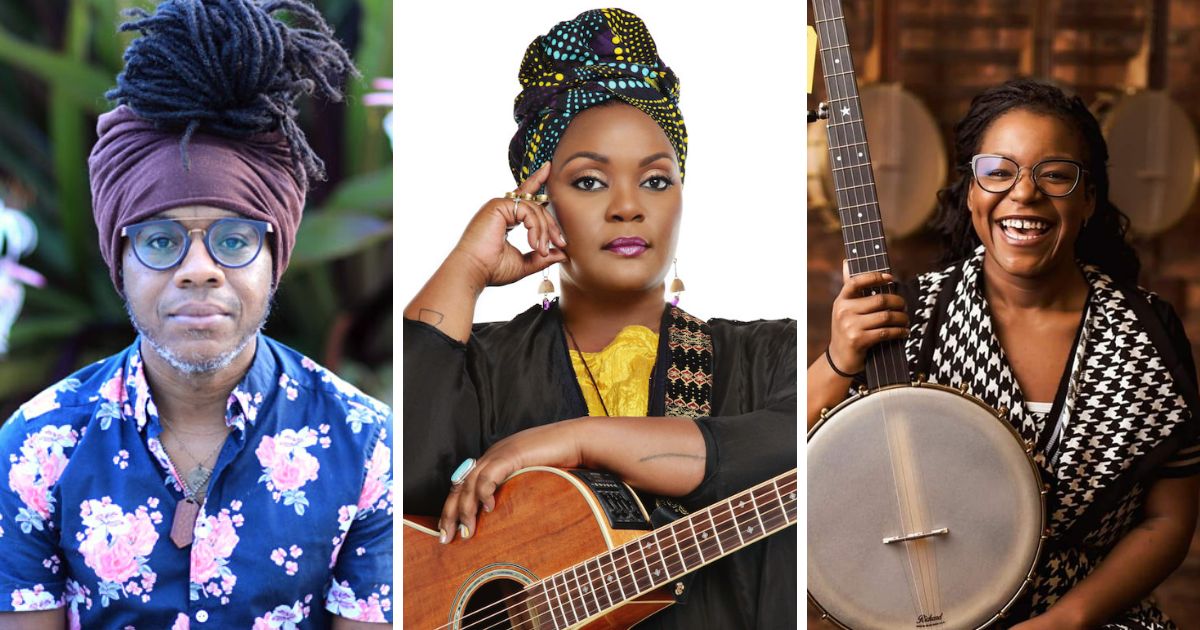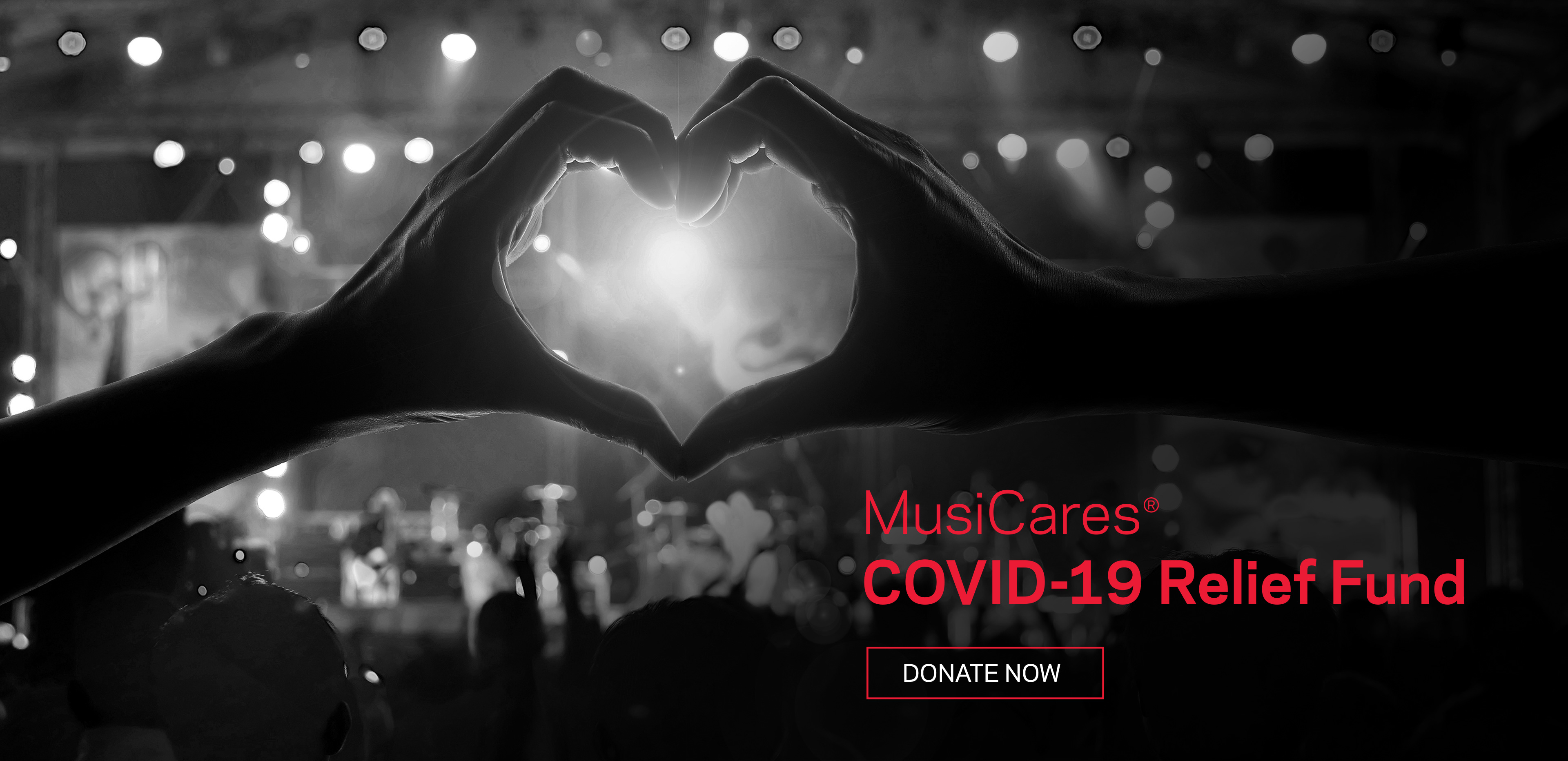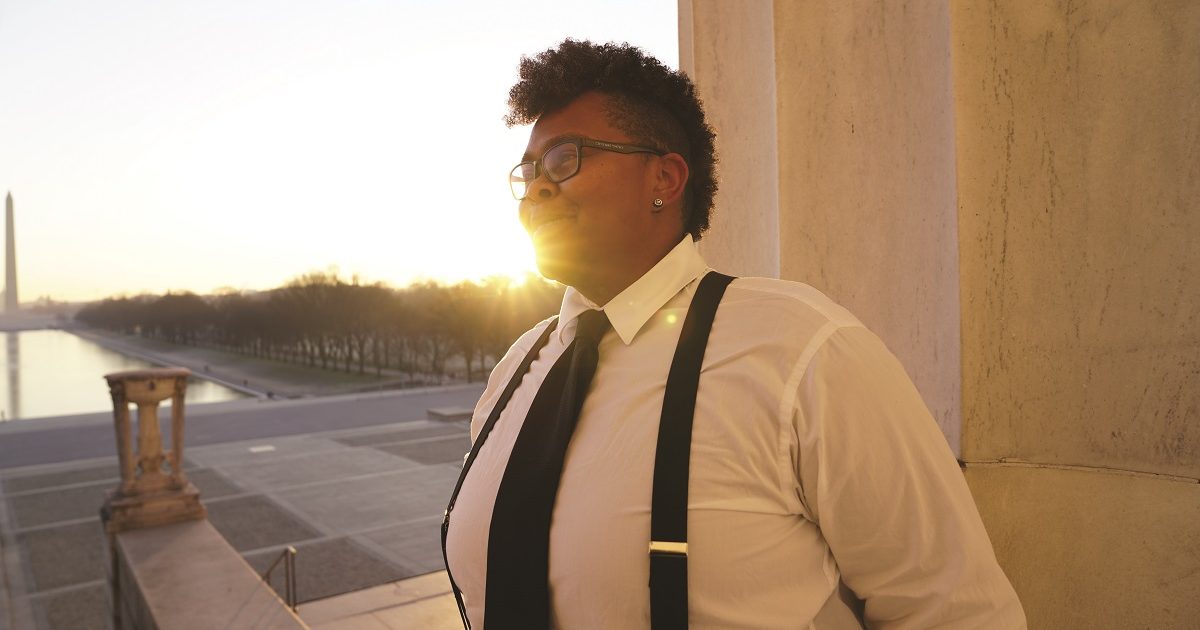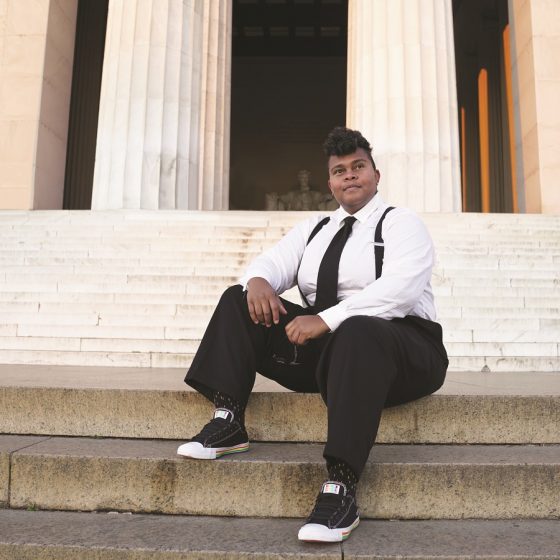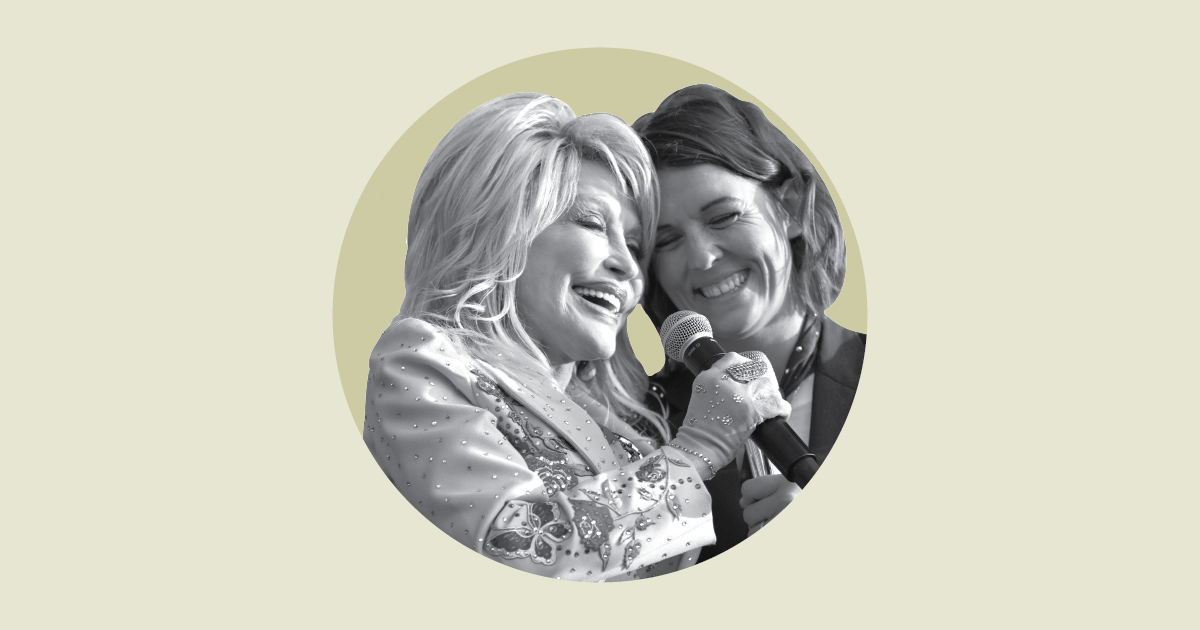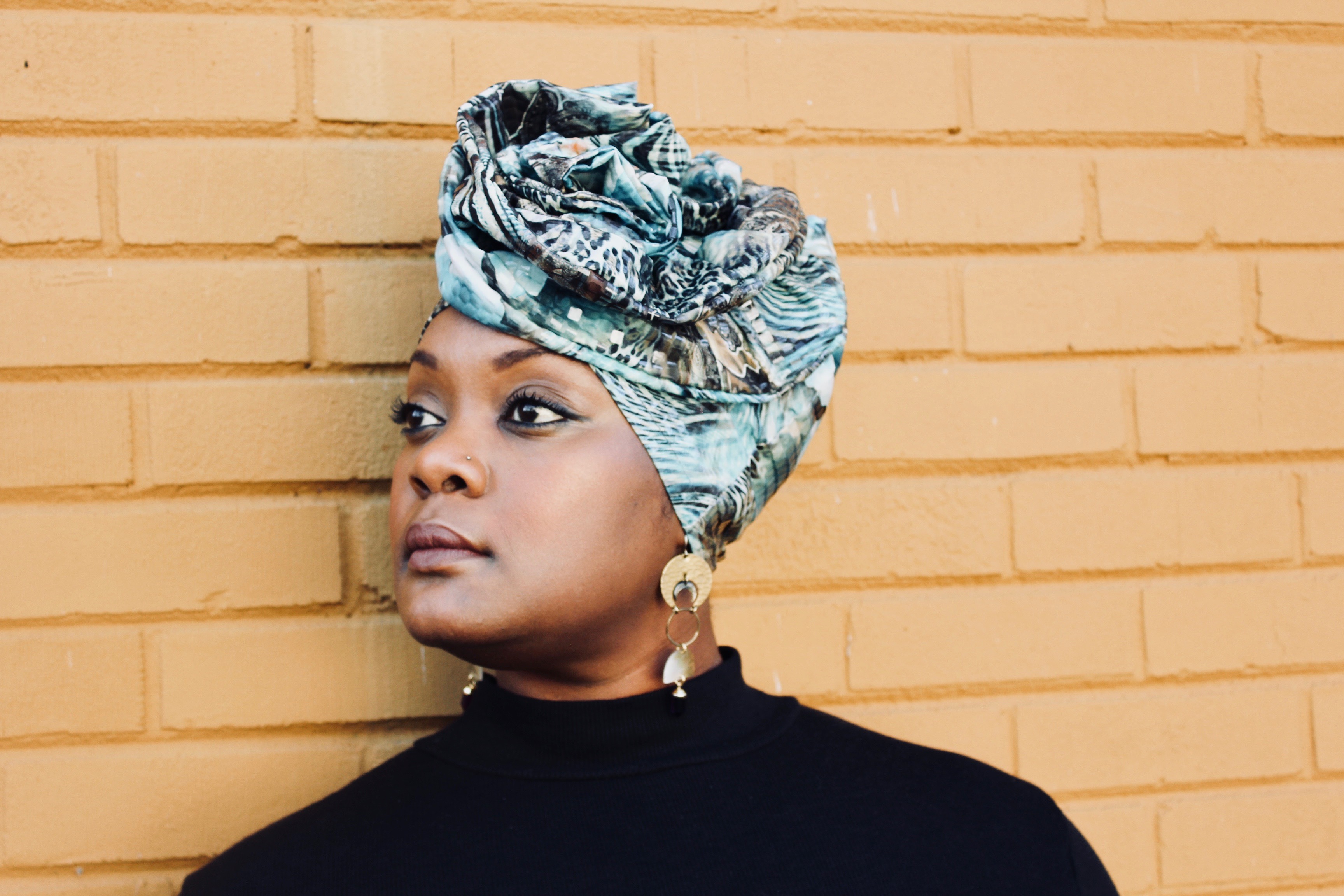While the entire industry surrounding roots music ratchets up its awareness around social justice issues and attempts to create a more representative and inclusive community, it’s apparent that, now more than ever, we need industry leaders of diverse cultural, ethnic, gender, and identity backgrounds. As we cap off this year’s Black History Month, BGS wants to spotlight not only the Black artists, songwriters, musicians, and instrumentalists who make these genres and this industry great, but also the writers, thinkers, leaders, and stakeholders working behind the scenes to craft a better, more just reality for all folks in roots music. Here are just a few of the Black industry insiders and community builders who inspire us and are leading the way.
View this post on Instagram
Marcus Amaker
Charleston, South Carolina’s first poet laureate, Marcus Amaker, is also a musician, author, performer, and designer. Oh, and he’s also composed an opera! A true multi-hyphenate, Amaker’s visual art has anchored No Depression’s print journal since 2017, just after its rebirth. He has released an impressive thirty-five albums of electronic music and his latest book, Black Music Is, is a “poetic love letter to Black music and history” through the eyes and ears of Bebop the cat, who spins vinyl records and listens to all sorts of genres – from bluegrass to hip-hop.
View this post on Instagram
Kyshona Armstrong
Songwriter, recording artist, and community builder Kyshona is well known in Nashville and in the folk and Americana scenes for her grounded, embodied songs that explore themes of agency, justice, mental health, healing, connection, and growth. Her career began in music therapy and she brings sensibilities from that expertise with her into every avenue of her professional life. She founded and runs Your Song, a non-profit, collaborative songwriting program that connects performing arts centers, musicians, and artists with vulnerable communities to promote healing and community connectedness. Following the COVID-19 pandemic, she also began holding events and meet-ups for music professionals seeking to move through this extractive, punishing industry more healthfully and mindfully and joyfully.
View this post on Instagram
Marcus Dowling
Writer, thinker, fashion icon, and Tennessean columnist Marcus Dowling has been publishing writings on dance music, food, hip-hop, Nashville, and country music for more than fifteen years. In 2021, he was awarded the Rolling Stone Chet Flippo Award for Excellence in Country Music Journalism. Just about everyone who has ever been anyone in the modern country scene has spoken with and been written about by Dowling, who brings vibrant, artful descriptions as well as thoughtful perspective and context to his interviews and features. But, it’s not just the Shania Twains, Kelsea Ballerinis, and Tyler Hubbards of the world that he covers, he connects the dots between past generations and the future, highlighting new artists, forgotten or underappreciated legends, and creators too often relegated to the shadows, as well.
View this post on Instagram
Holly G & Tanner D
Holly G and Tanner D are the co-founders and co-orchestrators of Black Opry, a touring collective, showcase, revue, and community that re-centers Black musicians, songwriters, and instrumentalists in country music. Black Opry rose to notoriety rapidly in the wake of the social unrests surrounding race, police brutality, and state-facilitated murder of Black folks in 2020, but the groundwork for this trailblazing group had been laid long before that pivotal year. Both Holly and Tanner began their work as fans of the music, giving them a particular perspective on how to create spaces in country music that truly feel inviting, receptive, and open to all, while still focusing their mission on the historic and current factors that continue to channel Black fans out of country and toward other genres.
View this post on Instagram
Benjamin Hunter
Benjamin Hunter is a speaker, musician, educator, and organizer perhaps best known in roots music circles from his duo with Joe Seamons, but his work extends far beyond his expertise in the primordial musical ooze that became blues, bluegrass, old-time, and country. He’s founded and co-founded multiple organizations with artistic purviews: Community Arts Create (with a mission to break down social barriers through cross-generational and multi-cultural arts programming, especially folk art), Hillman City Collaboratory (a social change incubator), Black & Tan Hall (a venue, restaurant, and gathering space), and many more. Based in the Pacific northwest, Hunter was Seattle’s Music Commissioner from 2014 to 2020. And his resume continues, these being merely the tip of the iceberg of his experience.
View this post on Instagram
Brandi Waller-Pace
Brandi Waller-Pace is an educator, academic, and musician who founded Decolonizing the Music Room, a non-profit with a mission of re-centering Black, Brown, Indigenous, and Asian voices in music education, complicating and subverting endemic colonialism and classism in Western European classical music, its history, and its instruction. She’s also a board member for Folk Alliance International and with DTMR founded the Fort Worth African American Roots Music Festival, which will be held this year on March 18. BGS first met and collaborated with Waller-Pace in 2020, when she and DTMR curated our virtual Shout & Shine Online showcase as part of IBMA’s annual business conference. Her approach to the work of anti-racism and decolonization is grounded and realistic, while offering models for how to move into the future with justice and representation as keystones in our musical spaces.
Lillian Werbin
Elderly Instruments in Lansing, MI has been a beacon of roots music for now more than fifty years. It’s a true community center, not just a purveyor of fine instruments, and Lillian Werbin recently took the reigns of this folk-, old-time-, and bluegrass-hallowed ground from her father, Stan Werbin. Lillian is not only CEO at Elderly, but also chairs the board of Bluegrass Pride, a non-profit with a mission of uplifting LGBTQ+ folks in bluegrass, and also serves on the board of the IBMA Foundation and advises its Arnold Schultz Fund, which strives to increase participation of people of color in bluegrass music. In Lillian’s free time, you’ll often find this musical workaholic running music camps, facilitating online events, and saying yes to just about every mission-minded project that comes across their desk.
View this post on Instagram
Pat Mitchell Worley
Pat Mitchell Worley is the president and CEO of Stax Soulsville Foundation in Memphis, which oversees the Stax Museum of American Soul Music, Stax Music Academy, and The Soulsville Charter School, all with a mission to perpetuate the soul of Stax Records. Worley was just awarded the Spirit of Folk Award by Folk Alliance International earlier this month. She’s also a veteran radio host in Memphis, where she’s hosted the Beale Street Caravan, a weekly show that has run for more than twenty years and is the most widely distributed blues radio program in the world. She began her career as writer in her late teens, then went on to work at the Blues Foundation before starting on the radio in the early 2000s. While as a child she may have dreamed of becoming an astronaut someday, her work in music has always reached for the stars.
Photo Credit: Diana Deaver (Marcus Amaker); Nora Canfield (Kyshona); Phil Eich (Lillian Werbin)
